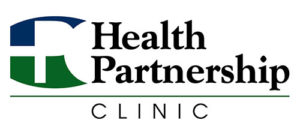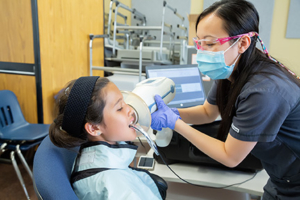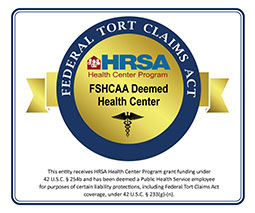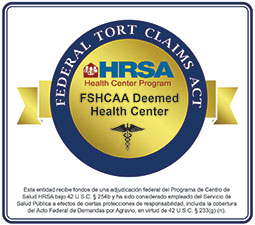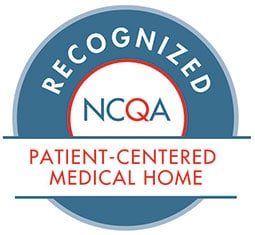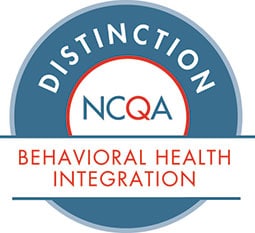HPC recognizes National Children’s Dental Health Month
Post written by Debra Trybom, RDH, ECP II, Health Partnership Clinic
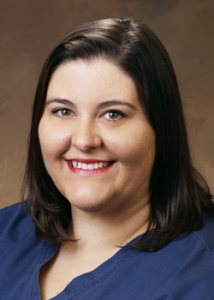 February was National Children’s Dental Health Month. This month of recognition is meant to raise awareness about the importance of oral health.
February was National Children’s Dental Health Month. This month of recognition is meant to raise awareness about the importance of oral health.
HPC celebrated with a few fun activities for our pediatric patients.
- Every child seen in pediatrics and dental was given a smile kit containing a new toothbrush, toothpaste, floss, a pencil and crayons.
- We also sponsored a spin tooth brush giveaway. To be eligible to win, the child had to be a patient of record and either color a coloring sheet, draw or color an original picture or complete a tooth brushing calendar that showed that they brushed twice a day for 30 days. The drawing will take place at the end of March to give kids who came in near the end of the month an opportunity to record 30 days of brushing.
- And finally, there were two giant teeth in the Olathe dental clinic. Kids were invited to draw a picture or write down items or actions that are good for teeth on a post-it note and stick it on the tooth of their choosing.
In honor of Children’s Dental Health Month, here are some facts about tooth decay:
- Even though it is almost entirely preventable, tooth decay is the most common chronic disease affecting children in the United States. According to the Centers for Disease Control and Prevention (CDC), about one in five children aged five-11 years have at least one untreated decayed tooth.
- Tooth decay is preventable. Children who brush for two minutes, twice per day with fluoride toothpaste will have less decay. Fluoride varnish treatments can prevent about one-third of decay in baby teeth. Dental sealants can prevent tooth decay as well. Studies have shown that sealants reduce decay in the permanent molars by 81 percent for two years after they are placed on the tooth and continue to be effective for four years after placement.
- Tooth decay has an impact on learning. Children and youth with oral health issues are more likely to miss school. In fact, studies have shown that school-age children in the U.S. miss 51 million hours of school each year due to oral health problems. These children are losing critical learning time, especially during the early years when fundamental skills are being developed.
- Bacteria can be passed to your infant by family members through saliva. You can reduce the chance of passing cavity-causing bacteria to your infant by not sharing toothbrushes, licking pacifiers to clean them, or feeding your baby with a spoon that has been in your mouth. Good oral care for infants include: lifting the lip so you can see along the gum line when cleaning and check for white or brown spots which can be a sign of early decay, gently wipe the baby’s mouth using a wet cloth or soft toothbrush, when teeth come in brush them twice a day with a smear (grain of rice size) of fluoride toothpaste.
Dental health is a vital part of your child’s overall health and well being. Our experienced team of licensed dentists and hygienists are passionate about providing quality dental care. HPC provides portable dental care at more than 40 area schools, Head Start programs and other locations serving children in need.
To make an appointment for your child to be seen by an HPC dentist, please call 913-648-2266.
